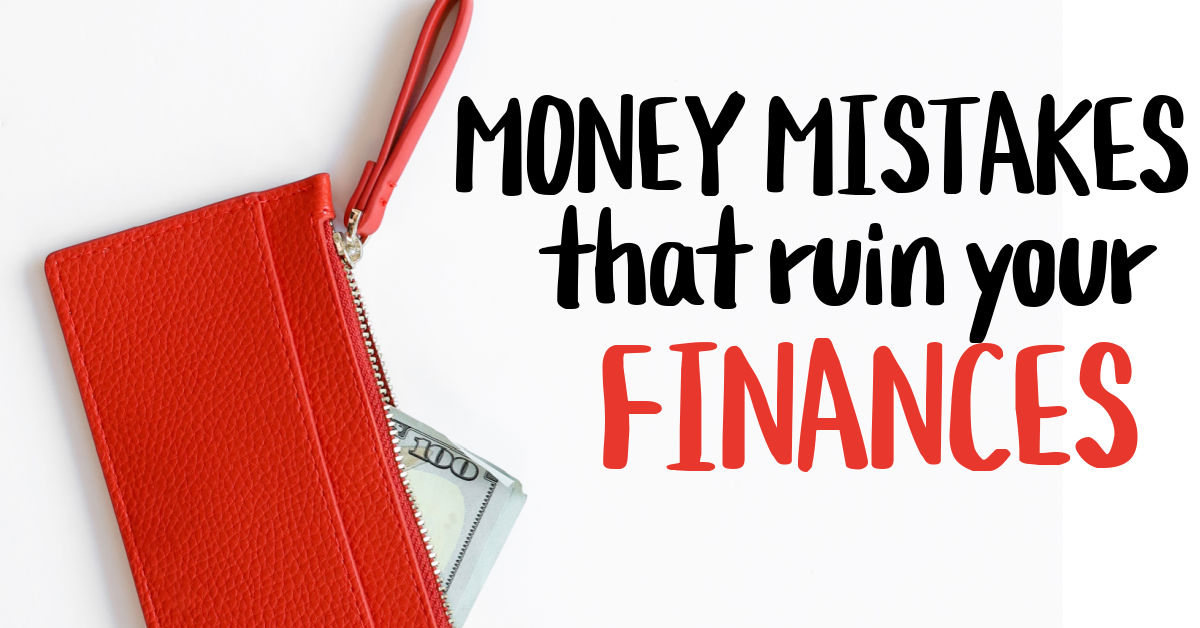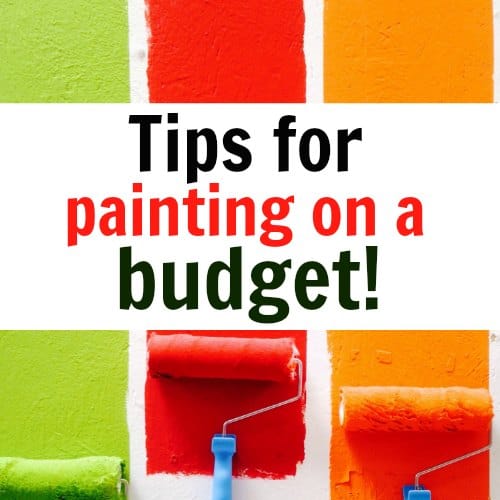6 Money Mistakes Even Smart People Make
If you’re like most people, you’ve probably made at least a few money mistakes. In this article, we will look at most common ones from not saving enough to not investing wisely. Make sure to avoid these mistakes to keep your finances on track.
The internet, money magazines, and friends are all full of financial advice, passed down wisdom about how to manage your money and “helpful” tips to get rich quickly.
Unfortunately, there are a lot of financial falsehoods out there and they are stopping so many people from realizing their potential wealth due to money simply being squandered and thrown down the drain due to bad advice.

6 Money Mistakes To Avoid
Money mistakes are universal. Some of us are more disciplined than others, but no matter how hard we try, we all make some mistakes with our money.
Here are 6 of the most common money mistakes:
Money Mistake 1: Buying the biggest house you can (barely) afford.
“It’s an investment, after all!”
Oh yes, ask anyone who stretched their budget to buy a house in 2007/8 how well that advice went for them. When the market plummeted, thousands were suddenly underwater (owing more on the mortgage than what their house was now worth) and unable to make payments.
Many, many hard working families lost their houses due to bad luck and poor financial planning.
Live within your means and calculate for interest rate increases before you commit to a mortgage. A house can be an investment if you are lucky but it’s not a sure thing.
What you should do
Buy a house that you can afford even through job loss, interest rate hikes, and life changes. Put 20% down if possible.
Renting is not the worst thing in the World when you are just starting out.
Calculate worse case scenarios and if you will still be ok, then go for it. There is no worse feeling than losing sleep over fear of losing the roof over your head.
Money Mistake 2: Assuming that Social Security will take care of you in retirement.
Maybe social security will be around when Millennials retire but the amount you receive may be a supplement to your own savings, as opposed to an alternative.
Save for retirement in IRAs, RRSPs and 401 (k)s and anything you get from social security will be gravy.
Not saving now may mean you have to work into way into your retirement years in order to make up the shortfall.
What you should do
Start putting money away for retirement ASAP. Even $50 or $100 a month now will make a huge difference.
Save for retirement in IRAs, RRSPs and 401 (k)s and anything you get from social security will be gravy. Not saving now may mean you have to work into way into your retirement years in order to make up the shortfall.
Starting to save at age 25 v age 35 can almost double your wealth at retirement.
Money Mistake 3: Taking out a student loan before exploring other options
And then treating it like free money.
If you need to take out a student loan, then, of course, it is an investment in your future. Hopefully, it will lead you on the path to greater earning potential than you would have had otherwise.
However, student loans are far from free money and if you really don’t need it, don’t take it. I’m speaking from experience here. The less debt you can graduate with, the better. Solid financial status starts early.
What you should do
Research all your options – scholarships, part time jobs, taking a gap year to save some money. Starting at a local school then transferring to the college of your choice can save thousands in tuition.
Money Mistake 4: Buying whole life insurance because it’s a savings vehicle too.
Whole v Term life insurance is a controversial topic. In a nutshell, term insurance has lower premiums and is only valid for a certain number of years (a term), normally 10 or 20.
Whole life is an insurance product that has very high premiums (up to 10x that of term) but has a guaranteed “payout” on the death of the insured.
Typically speaking, if you are in your 20s or 30s, whole life insurance is probably not the product for you. Insurance sales people love to push it because the commissions are huge compared with term insurance.
You will hear about it being an investment with a cash value but the fact is that you would be better buying a cheaper term life policy and investing the extra cash in a money market fund.
I’ll also add in here that you do not need mortgage insurance if you have enough term insurance to cover your balance.
What you should do
Buy a term life policy and make sure you shop around. You need enough to cover your mortgage and living expenses for your spouse if you are married.








Dead on. The house is not a good asset until it’s paid off, great post!!
Good post